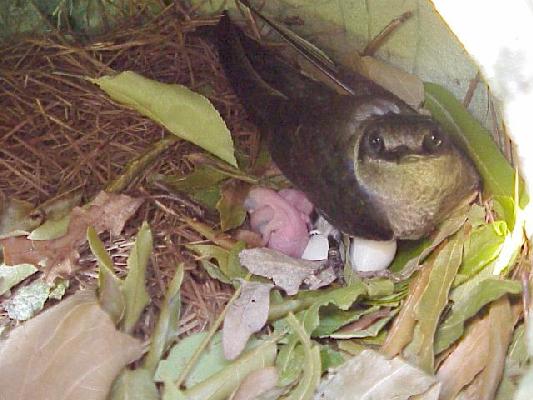It stops house martins swallows and swifts from building their nests in the eaves apex and gable of your home.
How to stop house martins nesting under eaves.
Migratory birds like house martins often make nests in the apex of the eaves of our roofs waking us up early in the morning with their shrill cries and pooing over our driveways.
The reason why birds like starlings nest under your eaves is it s safe from predators and natural elements.
It serves as an instant roof and if the slope isn t too steep your house becomes an easy choice.
However nesting swallows can become a nuisance as they build mud nests around building exteriors including eaves and porches.
It may cost some money but it will be effortless solutions on how to stop birds from nesting in the gutter.
While many find suitable homes in the great outdoors others will take up residence in or near houses barns and buildings.
Each spring martins migrate north in search of nesting sites.
It s illegal to remove inhabited nests but in the winter we can make preparations to deter them from coming back.
It is an ethical deterrent that will stop all nest building.
This solution is easy for an amateur to install.
These conflict areas can be isolated by closing in the triangle under the eaves where the nests are built with a piece of wood fine mesh chicken wire or parallel wires stretching from the outer edge of the soffit board to c.
The ethical design will not harm the birds but enable them to move onto a more discreet area that will not be a problem to you or your home.
The martin is a type of swallow known for graceful flight patterns and aerial acrobatics.
Bird spikes are becoming a common sight on ledges sills and roofs but they can also be an effective barrier to prevent house martins nesting under eaves.
How to stop birds nesting swallows and house martins building their nest at the eaves of a dwelling can be a big problem.
Make the slope steeper.
Birds such as cliff swallows barn swallows and the black billed magpie build mud nests to lay their eggs.
We recommend using wide stainless steel spikes as they have the highest density of spikes.
Whilst these little birds are nice to look at the mess immediately below a nest can be very unsightly and requires constant cleaning from spring to the autumn.

